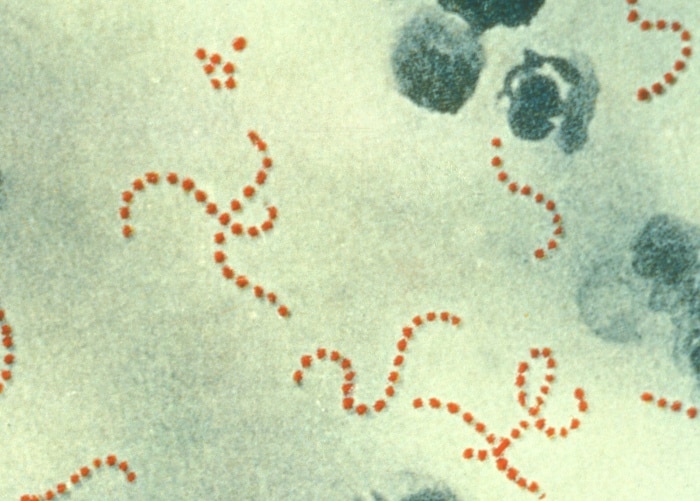The health ministry on Thursday published information on Streptococcus type A infection in light of recent child deaths in the UK, but clarified that similar incidents have not yet been identified in Cyprus.
According to a statement, a marked increase in cases of Streptococcus infection have been observed in recent weeks in European countries such as the United Kingdom, France above the expected levels, mainly concerning children under the age of 10.
The health ministry explained that streptococcus A (GAS) is a common bacteria that many people carry on their throats and skin without showing symptoms of infection (healthy carriers). However, this particular pathogenic bacterium can in some cases cause an infection, mild or even more serious such as tonsillitis, pharyngitis, scarlet fever and infectious wax.
The ministry noted that the serious infections associated with strep are from invasive group A strep (iGAS). These infections are caused when bacteria are carried to parts of the body where they are not normally detected, such as the lungs or elsewhere through the bloodstream.
Strep infections cause various symptoms such as sore throat, fever, chills and muscle aches, with antibiotic treatment necessary to treat infection.
The ministry urges the public to contact a doctor if their child’s symptoms do not improve. These symptoms include loss of appetite, children showing signs of dehydration, babies under three months old running a temperature of 38℃ and babies older than three months with a temperature of 39℃ or higher.
The ministry advised proper hand hygiene and strict adherence to personal protection measures are important to stop the spread.
Streptococcus is transmitted mainly by direct contact with respiratory secretions through the cough and sneeze of the patient, which is particularly infectious during acute infection.
Transmission is more common in crowded places such as schools, camps, closed structures and public transport. The incubation time from contact to the development of symptoms is two to five days.
Regarding the cases of Streptococcus infection that have been observed in recent weeks in European countries, “the health ministry’s Medical and Public Health Services are monitoring the data and are alert for the early detection of similar cases in Cyprus, that have not been observed so far,” it concluded.







Click here to change your cookie preferences